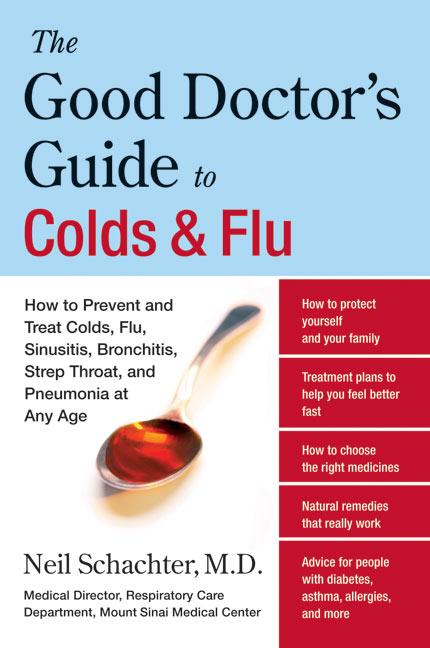Avian flu is a troubling prospect for anyone, but for parents, there are additional concerns. Like the 1918 epidemic, avian flu is particularly severe in children. Children are more susceptible, the disease is more severe and the mortality rate is higher. Overall about 50% of human cases of avian flu are fatal. In children, the mortality hovers around 80%.
While researchers are rushing to develop an effective vaccine, there are seven steps parents can take to be better prepared in the event of an outbreak of a contagious disease such as avian flu. Three steps should be done in advance of an outbreak and four if the disease does come to our communities.
- All children over the age of six months and their parents should get a flu shot. If avian flu arrives, there will be limited health care resources available. Even the annual flu can be severe and doctors and medicines will be in short supply. Parents need to stay healthy in order to care for their children, and a flu shot will ensure that they will not be vulnerable to this infection. In addition, if flu-like symptoms do develop, it can be an early sign that avian flu has arrived. The earlier it is diagnosed, the earlier it can be treated.
- Discuss with your pediatrician plans to use anti-viral agents such as Tamiflu. This is currently the most effective medication, but it will be in short supply in an avian flu outbreak.
- Follow the CDC guidelines to stock health care supplies such as Tylenol or Advil for both children and adults, thermometers, fluid replacement, and disinfectant sprays and wipes. Make sure you have a supply of flashlight batteries, matches, diapers, detergents, tea bags, canned food—including chicken soup and baby food—water, and candles.
If a highly contagious form of avian flu develops in the US, here are four steps that should be taken:
- Keep children home from school.
- Avoid crowds such as movie theaters, sporting events, restaurants, and public transportation. Limit contacts outside of the family to essential activities.
- Avoid shaking hands with people you meet.
- Wash hands frequently—before meals, before and after using the restroom, and after coming home.
These simple strategies can provide a remarkable level of safety. For example, in the 1918 flu epidemic that killed more than 50 million people worldwide, Seattle was the only city to close schools and public events and had only 10% of the number of cases and deaths of other cities in the US.

